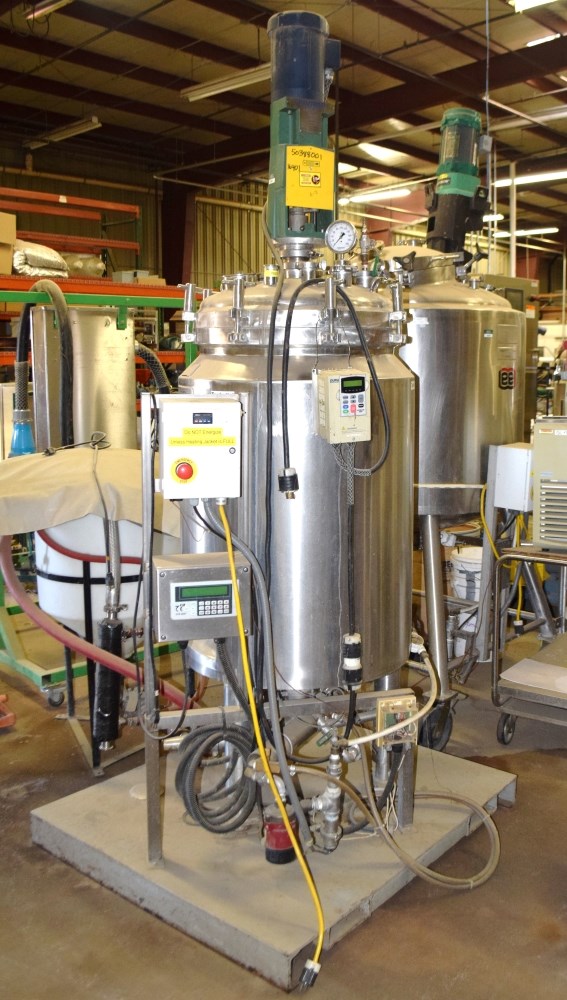

Liquidation may either be compulsory (sometimes referred to as a creditors' liquidation or receivership following bankruptcy, which may result in the court creating a "liquidation trust") or voluntary (sometimes referred to as a shareholders' liquidation, although some voluntary liquidations are controlled by the creditors). The process of liquidation also arises when customs, an authority or agency in a country responsible for collecting and safeguarding customs duties, determines the final computation or ascertainment of the duties or drawback accruing on an entry. Liquidation is also sometimes referred to as winding-up or dissolution, although dissolution technically refers to the last stage of liquidation. The assets and property of the company are redistributed. At one point it owned 12% of Trigon Agri, which controlled 300,000 hectares in Ukraine, Russia and Estonia, and itself was coming under scrutiny for its land acquisitions in Kazakhstan where foreign ownership of land is a highly sensitive issue.Liquidation is the process in accounting by which a company is brought to an end in Canada, United Kingdom, United States, Ireland, Australia, New Zealand, Italy, and many other countries. Phoenix was no stranger to land grab controversies. It provided the company with two major loans: a US$20 million loan to Phoenix Global and a US$10 million loan to Phoenix Kazakhstan. The following year, the World Bank's private lender, the International Finance Corporation, stepped in to support Phoenix. (Today, Karuturi is also in the process of being liquidated.) Phoenix's gamble on Karuturi came as a surprise, given the controversies Karuturi was mired in and its dismal performance on the ground.

GRAIN first started following Phoenix in 2018 when it announced it would invest in Karuturi Global, an Indian flower company notorious for its failed rose farms in Kenya and its 300,000 hectare land grab for food production in Ethiopia. The company generated annual sales of US$3 billion, with rice accounting for 30% of its revenue.Īccording to Reuters, the company recently piled up US$400 million in losses from its derivatives trading and filed for liquidation. Dhawan had taken Phoenix to the number three slot in the world's rice trade - just behind Louis Dreyfus and Olam - and was hoping to reach number two. Registered in the British Virgin Islands but headquartered in Dubai, the company was run and majority-owned by Gaurav Dhawan. It directly farmed more than 150,000 hectares in Kazakhstan, Ukraine, Russia, Uganda, Mozambique and India, and was planning to expand further. Phoenix Global was a 20-year old giant in contract production, direct farming and trading of cereals, fruit, oilseeds and horticultural crops. According to documents seen by Reuters, Dubai-based Phoenix Global, a company backed by the World Bank and several multinational banks, is in the process of being liquidated. One of the world's biggest commodity traders - in food, agriculture, metals and minerals - has just collapsed. Phoenix Global: Top global rice trader and farmland owner goes bust


 0 kommentar(er)
0 kommentar(er)
